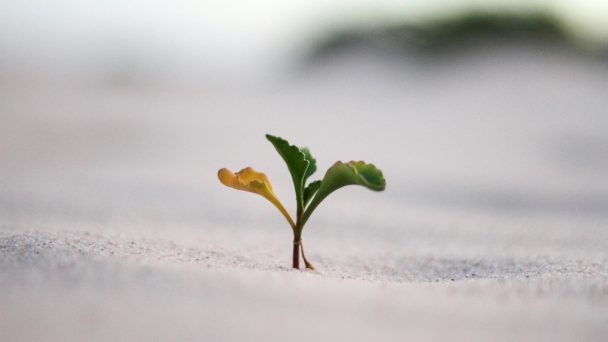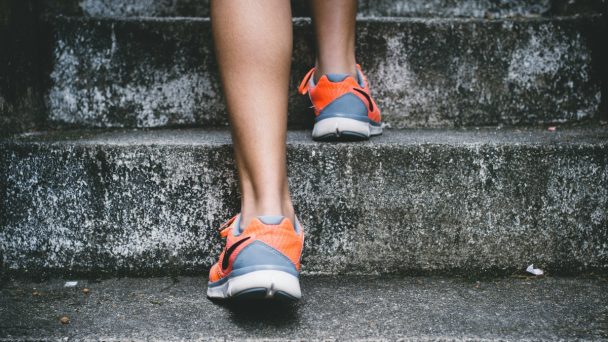Alcohol break is becoming more and more popular

Last Dry January, more than 45,000 people took a break. And those were only the registered IkPas participants. Research agency Motivaction conducted a representative online survey among Dutch people. This research provides insight into the behavior and attitude surrounding Dry January. How did the participants experience this alcohol-free month? Several interesting results emerged from the study. We spoke with Motivaction researchers Ruurd Hielkema and Tessa Rutten.
Motivaction asked 1,058 Dutch people between the ages of 18 and 70 last February about their experience of Dry January with the help of specific questions. What turned out?
-Three quarters of the alcohol-drinking Dutch people know what Dry January means. More than one in five of all users deliberately consumed less or no alcohol in the first month of this year.
-Nine percent even managed to stand completely dry.
-Not alcohol-free wine or beer, but coffee, tea and water are the most chosen alternatives.
-And a large majority is also fine with no alcohol being consumed at a party.
Reason for research
Why Motivaction conducted research into the experience of Dry January participants mainly has to do with fresh intentions and healthy curiosity. Ruurd Hielkema, Senior Research Consultant: “As a research agency, we are always curious about what is going on in society. This study was conducted on our own initiative (Motivaction also conducts commercial studies, ed.), because we often take public holidays or other special days, such as Black Friday, as the starting point for our research. A number of Motivaction colleagues also participated in Dry January, so there was also a personal interest in the subject.”
Then and now
Two years ago, the agency also investigated the Dry January phenomenon. As for the motives, not much has changed. Health, fitness, the need to lose weight and more awareness about one's own behavior were then and now the most important motives for wanting to stay dry. Motivaction did, however, make a distinction between 'type' of participant in the most recent study. For example: participants who participated and who lasted the whole month, participants who participated but did not (completely) persevere, people who did not participate but who deliberately drank less alcohol in January, and people who did not participate at all. “What is particularly striking”, says Ruurd, “is that three quarters of the alcohol-drinking Dutch can properly place the Dry January phenomenon; for only one in ten it is absolute abracadabra. In terms of popularity, Dry January has gone fast. And that for a young initiative (2011, ed.) that came over from England.”
| Doing an IkPass is becoming very common
The increasing popularity is related to the need to take alcohol breaks more often. -More than one in five Dutch people (22%) who sometimes drinks alcohol, did so in January 2020 consciously less or not. -Nine percent was successfully completely dry, eight percent less aware and five percent made a well-intentioned attempt – but failed. -The intention to cut down or quit is especially popular among millennials (18 to 34 years old), but the number of failed attempts is also by far the largest among them. Yet one in five alcohol drinkers, and even one in four millennials, plan to have one or more alcohol-free months this year. -A third of all users also state that they now consciously drink less than a year ago. Source: www.motivication.nl |
the why
Ruurd anticipates that 'fitting' and Dry January will become increasingly well known and accepted. Ruurd: “Health awareness is increasing and alcohol consumption is coming under increasing pressure. I expect 98% will have heard of Dry January from the public in a few years. “The why of introducing an alcohol break is also becoming increasingly clear,” adds colleague Tessa. “You don't have to defend yourself. It is becoming more and more natural to pass than to drink.”
Horeca take your chance
A final striking result is a loss for the consumer, but an opportunity for the catering industry. Tessa: “Our research also showed that some people have a need for more alcohol-free alternatives. The range in the catering industry and supermarket is often still (too) limited. So there is definitely still something to gain.”


